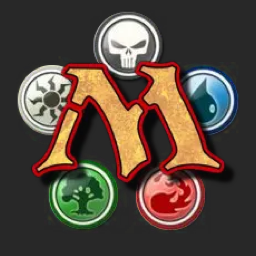

Some people sell their code packs online, though I guess it could be risky.
I’m basically in TCG Live to practice the game and to figure out how a deck is working before sleeving up in paper.
TCG Pocket is just a fun diversion. 2 free packs a day is like little dopamine hits, for better or worse. I can let my nieces and nephews “rip” a pack open as a reward without thinking “that’s $4 gone.”







Oops. I did all of mine like 8 hours ago.